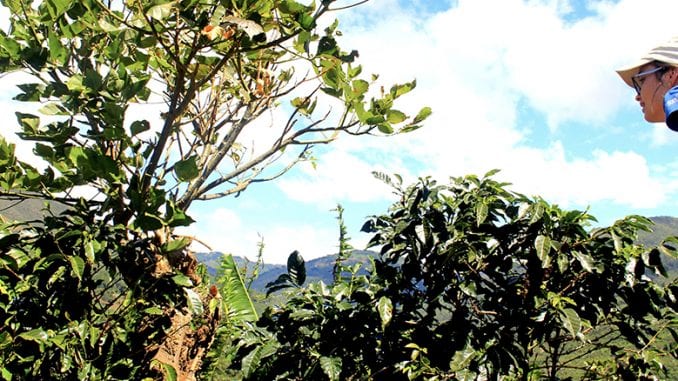
We speak with Daniela Gutierrez, manager of La Montaña Tarrazú, about the family business and specialty coffee’s importance in Costa Rica.
BY JIYOON HAN
SPECIAL TO BARISTA MAGAZINE ONLINE
Cover photo courtesy of Daniela Gutierrez
Last week we spoke with Monserrat Prado, a participant in Bean Voyage—which equips women producers in Costa Rica with education and marketing connections. Today we learn a little more about Daniela Gutierrez, another Bean Voyage participant, who is the manager of her family coffee mill, La Montaña Tarrazú. She speaks about the micro-mill revolution that began in Tarrazú in 2006: “Some producers chose to invest more than 25 years of savings in the installation of their own coffee processing facilities. This means that many farmers are no longer just growing their coffee and delivering it to a cooperative. Instead they’ve taken on the arduous task of processing it themselves, from start to finish.” Before this revolution, it was common for most coffee producers in the Los Santos region to deliver their coffee cherries to private mills or cooperatives that would then process the coffee.
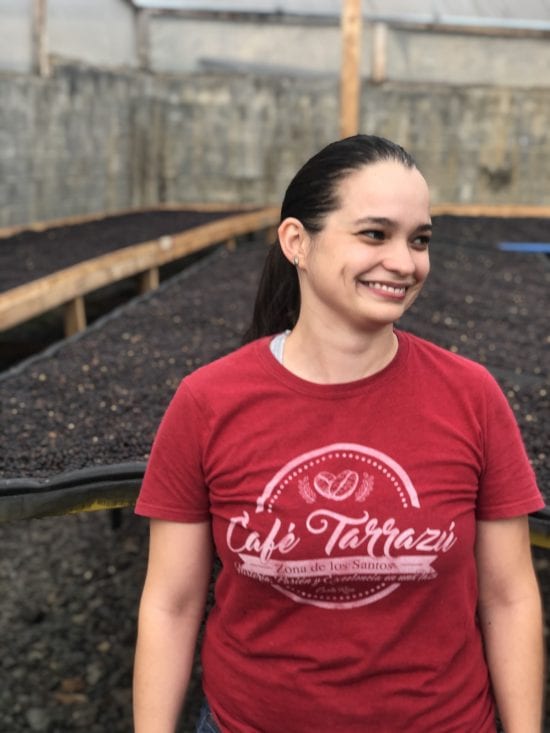
In 2009, Daniela’s parents, Jorge and Ivannia, also decided to invest in their own micro-mill, La Montaña Tarrazú. Daniela explains that the purpose of the micro-mill was to add value to the final product and to reach a global market. She explains, “It was a lot of work to take on, but little by little we were able to see positive results. My dad is still currently in charge of maintenance on the farm, and I am in charge of processing and managing our accounts.” Today we talk more with her about this work, along with the challenges and rewards of being in business with her family.
How long have you been involved in the family business?
I always say that I started since I was a child because at this time I had a lot of preparation with my father and I always love to work on the farm. But, I started dedicating 100% of my time to coffee only starting in 2016.
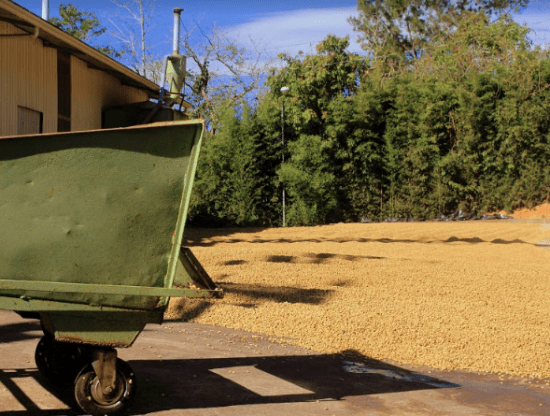
So through the years, how have farming and milling operations evolved at La Montaña Tarrazú?
We started milling our coffee in 2009 like amateurs. We are not experts, but sincerely we are doing better than before. Some years after starting to do our own milling, in 2013, we started to sell roasted specialty coffee to the Costa Rica audience. We really want the people in Costa Rica to learn and value the quality of Costa Rican coffee.
Since you became fully involved in the coffee business in 2016, what big challenges have you faced? How have you overcome those challenges?
I had two disadvantages when I started: I was a woman and I was also too young. So nobody took me seriously. They always wanted to contact my dad to finish business. But little by little, I was positioning myself. Also another challenge I had was that I was learning, but … I liked it very much and I tried to train myself in the fields related to coffee to learn more and more. Also, whenever I don’t know something, I’d better ask.
Can you tell me more about the advantages and disadvantages of being a young woman between farming, milling, and growing the family business?
At least in Costa Rica, a highly macho country, it’s a challenge to be a woman and very young in the coffee industry. People wouldn’t take me seriously or want to do business with me. It is a great challenge and a great change. However, I enjoy it and I know that in some way, I open the way for many women who come after me and want to work in coffee.
It’s been a hard time through the pandemic, but what are new victories you have celebrated recently, related or unrelated to coffee?
We are working on a project with a government institution called PROCOMER, where they finance business development projects that are green growing, and we won the contest for a support of a sum of money to help us buy a roaster, which will allow us to roast our coffee ourselves and not have to pay another company for this.
And in these times, it seems to me very important to thank that we are well and that we have had a lot of work, despite the fact that some of our coffees are still in the warehouse. We have been able to handle this situation in a good way and we have managed to reinvent ourselves.
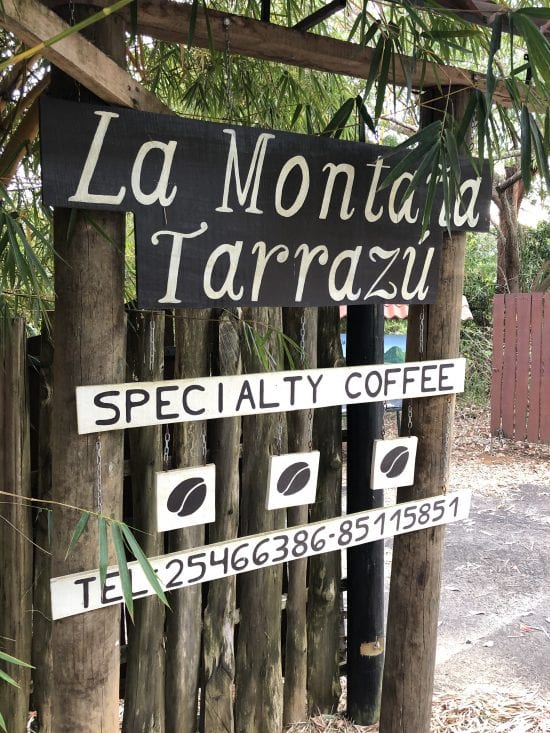
Now on that note of positivity, what are your big dreams in and for coffee?
My dream is all the Costa Rican people (or the majority) drink good coffee and value this. And another of my dreams is to keep the business for many years more and leave a legacy to my young nephews, and maybe they will be motivated to work in coffee.
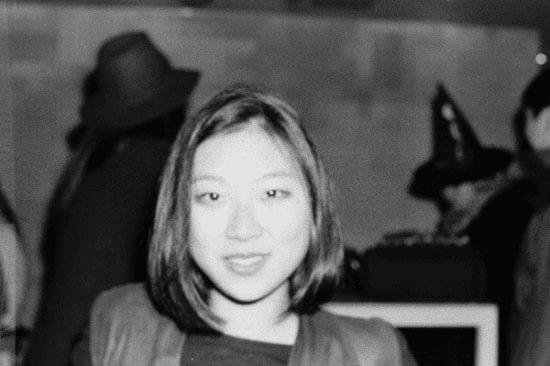
ABOUT THE AUTHOR
A native New Yorker, Jiyoon Han is a Q Arabica Grader, Q Processing Generalist, and was a judge for the U.S. Coffee Championships 2019 Brewers Cup Prelims. As Chief Daughter at Bean & Bean Coffee in NYC, Jiyoon sources, roasts, and cups coffee. She’s a student at the Harvard Business School, where she is co-president of the Coffee & Tea Club.


